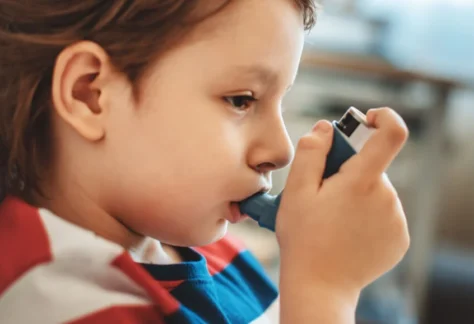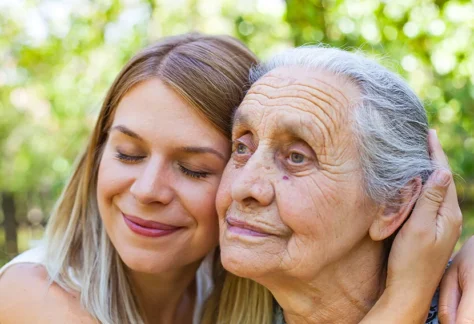In This Article:
- Aside from family history, some heart attack risk factors — like smoking, obesity, high blood pressure, high cholesterol and high blood sugar — can be controlled through lifestyle changes or medication.
- Common warning signs of a heart attack include pressure, tightness or squeezing in the chest and/or left arm, nausea, indigestion, abdominal pain, shortness of breath, cold sweats, fatigue and sudden dizziness.
- Women and men often experience different symptoms. Women are more likely than men to experience shortness of breath, extreme tiredness, nausea, vomiting and jaw or neck pain. Some women may not experience chest pressure at all.
Warning signs of a heart attack
People of all ages are probably aware of some of the basic signs of a heart attack, but many people aren’t aware that men and women often experience very different symptoms. Educating yourself on these specific signs and symptoms is essential to recognizing heart attacks and preventing them before they begin.
What causes heart attacks?
There are some risk factors that can affect both men and women. The National Heart, Lung and Blood Institute reports that Coronary Heart Disease is a primary risk factor for heart attacks, as well as having a family history of heart disease.
Some risk factors can be controlled through lifestyle changes or medication. These risk factors include:
- Smoking
- High blood pressure
- High cholesterol
- Obesity
- Unhealthy diet
- Not getting enough exercise
- High blood sugar
According to Medicine Net, there are a few risk factors that affect only women, including menopause, endometriosis and PCOS.
General signs of a heart attack
A heart attack happens when the flow of blood to the heart becomes blocked. According to Mayo Clinic, the most common symptoms of a heart attack are:
- Pressure, tightness or a squeezing sensation in the chest and/or left arm
- Nausea, indigestion or abdominal pain
- Shortness of breath
- Cold sweats
- Fatigue
- Sudden dizziness
It’s important to remember that not all people who have heart attacks will experience the same symptoms. For some people, the symptoms may be more mild. Sometimes, the symptoms will start to appear days or weeks before the heart attack occurs. Be sure to notify your doctor as soon as possible if you begin experiencing any of these warning signs.
Signs of a heart attack in women
While many women who have a heart attack may experience the same symptoms as men, there are some signs that women will more frequently feel. According to Heart.org, women are more likely than men to experience shortness of breath, extreme tiredness, nausea/vomiting and jaw or neck pain. Some women may not experience chest pressure at all.
The number one most important thing to remember is to immediately dial 911 if you think you’re experiencing these symptoms.
If you’re concerned about your heart health or would like to learn more about how you can take steps toward preventing a heart attack, visit your closest Valleywise Health Community Health Center. Call 1 (833) VLLYWSE or find a doctor and book an appointment.








